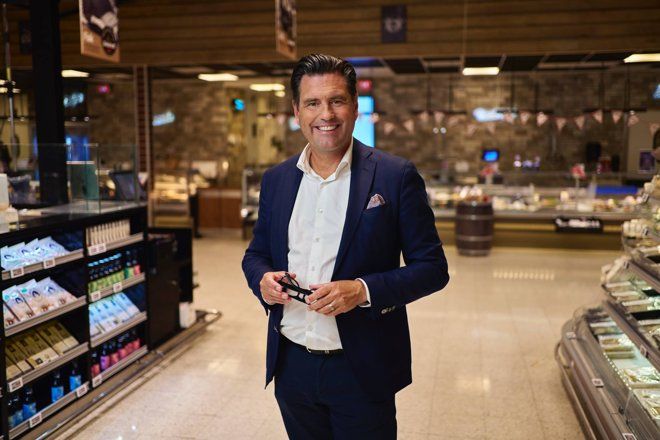Duni Group’s Continued Commitment to Climate Action: Addressing Scope 3 Emissions and Enhancing CO2 Tracking

Duni Group intensifies its climate efforts with a keen eye on reducing emissions across its entire value chain. Kairit Kuusik, Climate Specialist at Duni Group, shares insights into how the company is ramping up its sustainability actions by addressing Scope 3 emissions and introducing a new tool for tracking the carbon footprint of its products.
Over the past year, Duni Group has sharpened its focus on understanding its full environmental impact, particularly regarding the carbon footprint of its products. A key development has been the introduction of a product carbon footprint calculator.
- This past year, we have made significant advances in understanding and mitigating our environmental impact, particularly focusing on our products. We’ve developed a sophisticated product carbon footprint calculator, enabling us to assess the life-cycle emissions of our packaging products accurately.
This innovation allows Duni Group to track Scope 3 emissions—the often hard-to-reach emissions resulting from the company’s value chain—while communicating climate impacts more effectively to customers.
Shifting Focus to Scope 3 Emissions
While Duni Group has made strides in reducing its direct (Scope 1) and indirect (Scope 2) emissions -such as transitioning to fossil-free electricity across its European production units—Scope 3 emissions remain the biggest challenge. These emissions account for over 90% of the company’s total carbon output, with purchased goods and services making up 70% of Scope 3.
- While we’ve made substantial progress in Scope 1 and 2 emissions, including transitioning all our European production units to fossil-free electricity, our focus has now expanded to include Scope 3 emissions. Addressing purchased goods and services will be our priority moving forward.
In 2023, Duni’s near- and long-term targets were validated by the Science Based Targets initiative (SBTi), aligning the company with the Paris Agreement's 1.5°C goal. This commitment includes a 46.2% reduction in Scope 3 emissions by 2030—a bold step in line with the Group’s sustainability roadmap.
Driving Innovation with Carbon Transparency
A standout feature of Duni Group’s climate strategy is the new Product Carbon Footprint tool. More than just a tracking device, this tool provides invaluable data for Duni Group’s innovation process, enabling the simulation of how changes in materials or its composition could lower emissions.
- Our product carbon footprint tool is a crucial component of our emissions reduction strategy. It provides detailed insights into our product-related emissions, enabling us to identify key areas for reduction and track our progress toward our climate goals.
This tool isn’t just for internal use; it also offers transparency to customers, helping them make informed, sustainable choices. By providing insights into the carbon impact of each product, Duni Group aims to drive demand for alternatives that reduce climate impact and influence a shift in market preferences.
Initially applied to Duni Group’s packaging assortment, the tool will soon expand to other product lines. For Kuusik, this represents a game-changer in integrating sustainability into product development from the outset.
The Road Ahead: Ambitions for Net-Zero
Looking ahead, Duni Group is committed to drastically cutting emissions across the board. The company aims to achieve near net-zero emissions for Scope 1 and 2 by 2030. Having transitioned to fossil-free electricity, the next step involves exploring renewable energy solutions to further reduce emissions.
- Our long-term vision includes getting as close as possible to net-zero emissions for Scopes 1 and 2 by 2030. But the biggest impact comes from reducing Scope 3 emissions, and we can’t do that alone. Collaborating with our suppliers and customers is crucial.
Duni Group sees both challenges and opportunities ahead. The commitment to sustainability extends beyond mere emissions reductions; it’s about forging long-term partnerships that yield a lasting positive impact on the environment. By working closely with its supply chain and customers, the company aims to transform climate action into a shared responsibility.
Contact us




